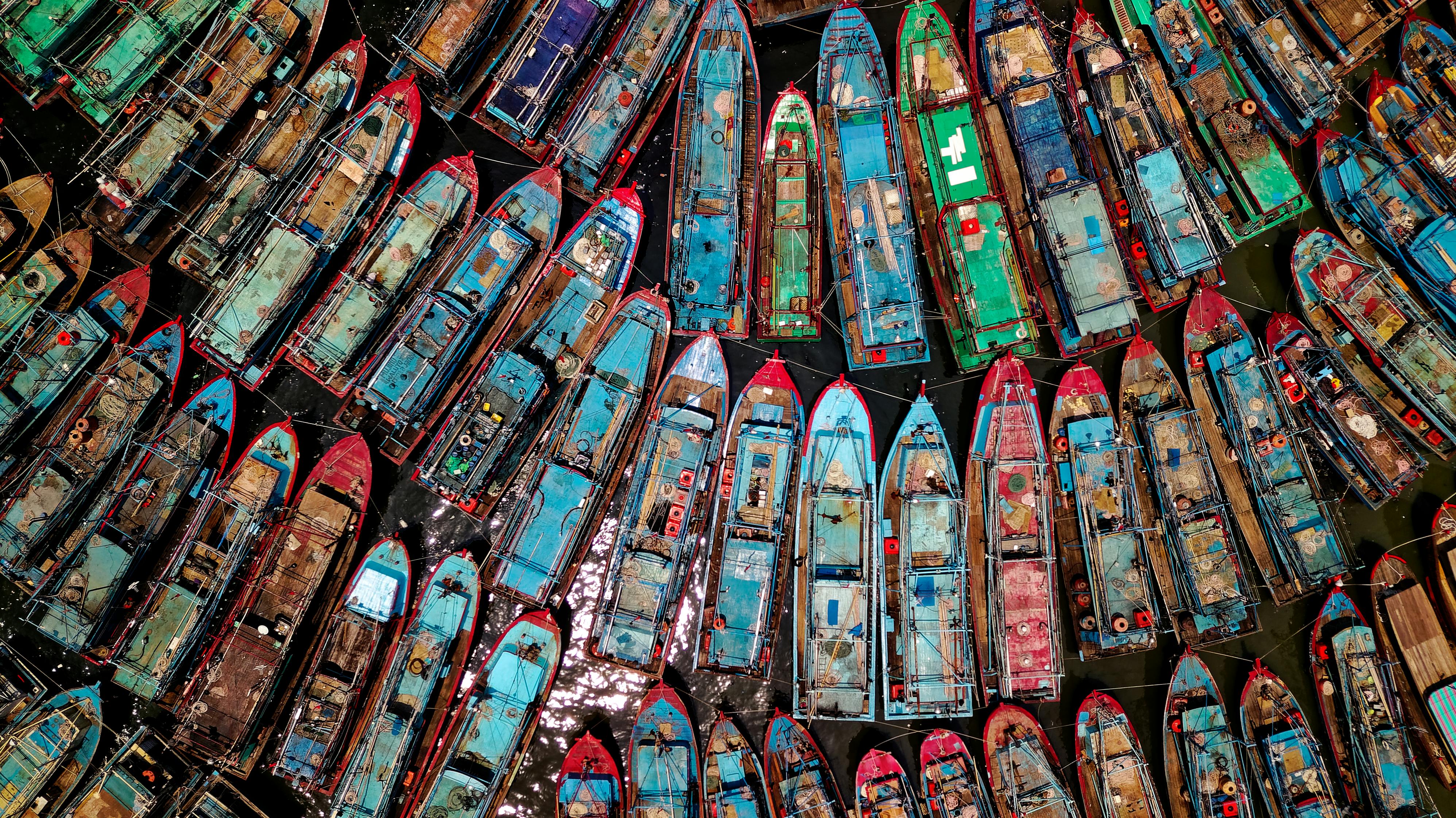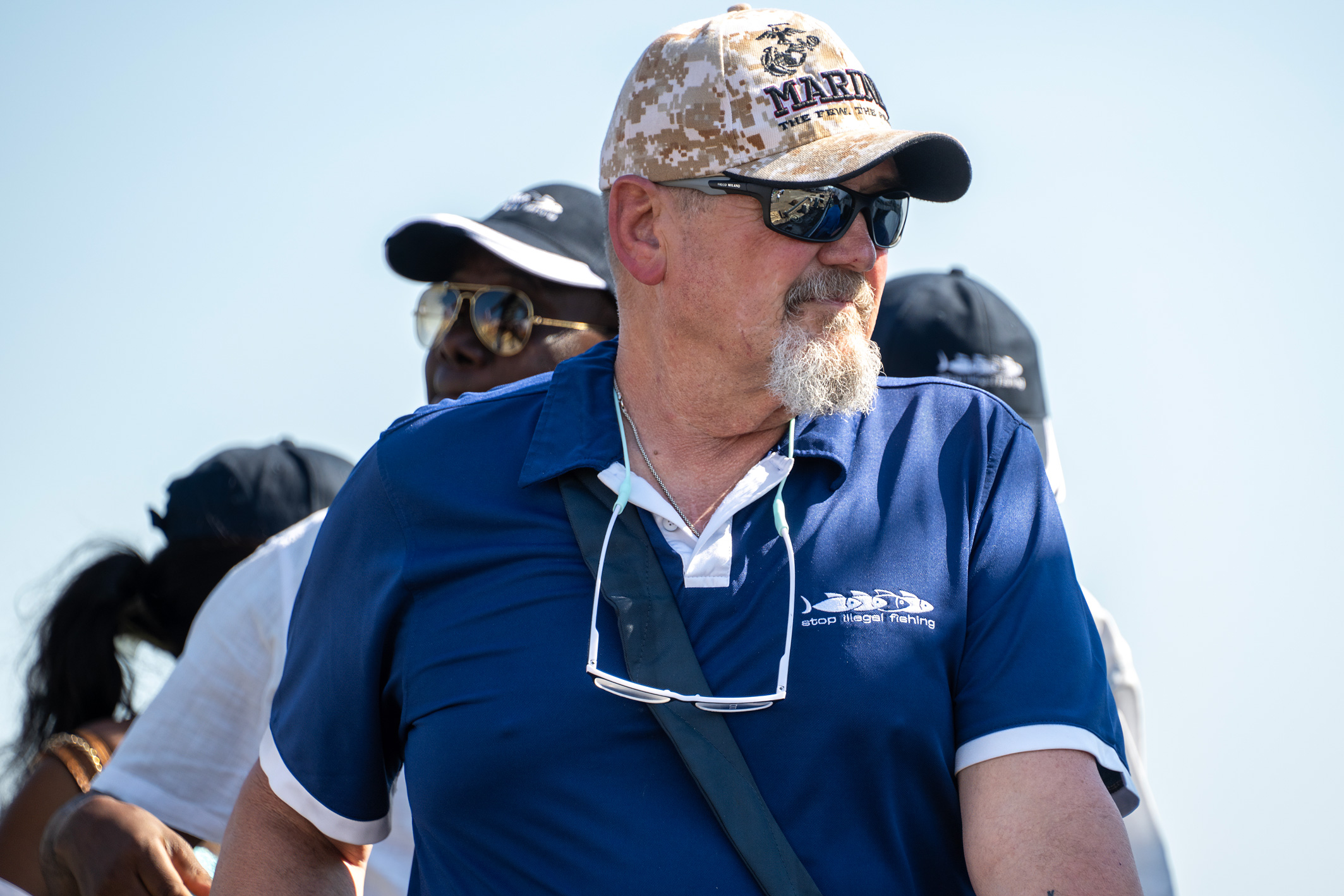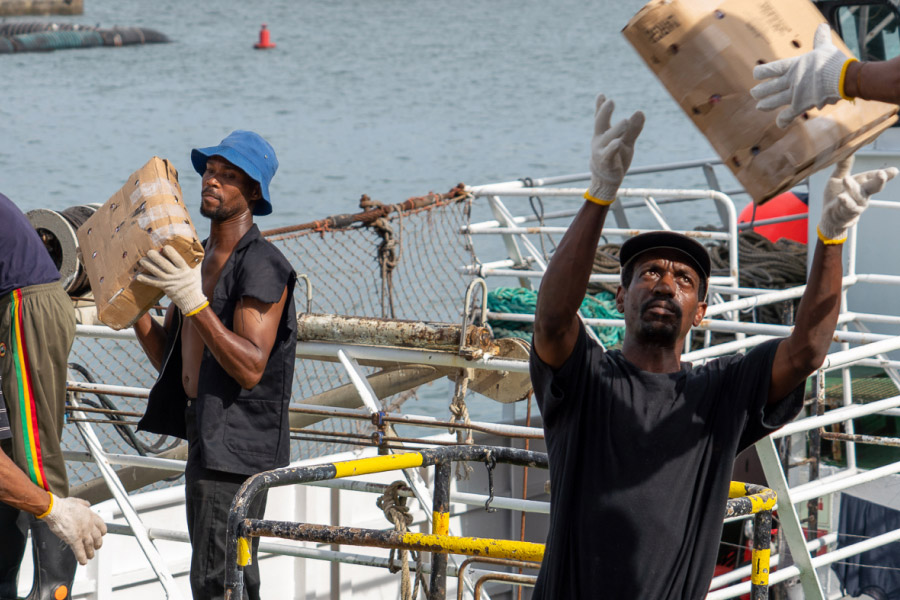First risk assessment training in Mozambique under the MCSCC’s Ocean Vigilance project
November 23 2023
Approximately 25 participants from the national Mozambique’s National Maritime Institute (INAMAR) and the Maritime Administration took part in the workshop, with regional representation from the ports of Beira and Nacala, the other two designated ports of Mozambique.
To fully participate in regional cooperation, it is important to understand the value of it. Although the SADC MCSCC is based in Maputo, engagement in the information-sharing platiorm of the MCSCC has so far been limited. The presentation of the role and functions of the Centre, as well as discussions with the participants, allowed MCS officers in the training to understand the value of the MCSCC to fulfil their national responsibilities. As a result of this workshop, it was agreed that every port should be able to receive and request information and nominate representatives to be registered on the platiorm.
Participants were also presented with various instruments and techniques to assess risks of fishing vessels, to enable them to identify operators that could potentially engage in illegal activities. This includes fishing vessels that want to register under the Mozambican flag, apply for a fishing licence in Mozambique’s EEZ, as well as foreign fishing vessels that only request access to one of the country’s three designated ports. Conducting a due diligence process allows to generate information on the fishing vessel, thus enabling decision-makers to make informed decisions on the requests submited by the vessels. The technical team provided a tool to guide MCS officers to conduct such risk assessments, based on risk indicators. After the theory, participants followed the proposed methodology during a risk-assessment exercise based on an Advance Request for Entry into Port (AREP). By Mozambican law, such request must be submited by foreign fishing vessels wishing to offload in a national port 48h before arrival. The objective at the end of this training: continuing coaching of MCS officers to use these tools and integrate them in their routine processes. The interest of participants to receive such support was high.
An introduction on inspection techniques, including the importance to work with other agencies to address all facets of IUU fishing, also triggered strong interest. Fisheries inspectors expressed the need to receive further capacity-building to improve their ability to conduct inspections, and to understand how to link inspections to risk assessments. Improving interagency cooperation was also part of the objectives that the participants set for themselves, for instance prior to registering or licensing a fishing vessel. Whilst the National Fisheries Administration (ADNAP) liaises with INAMAR regarding registration or licensing, participants expressed the needs to improve these cooperation mechanisms, and ensure that INAMAR is able to provide early recommendations on the concerned vessels before a decision is made by ADNAP.
Following this workshop, a workplan will be elaborated according to the priority needs identified and commitments made by the participants. Based on this, the technical team will continue building national capacity through in-person and remote coaching.
To fully achieve the set objectives, it is fundamental that MCS officers know which legal obligations fishing operators must abide to, and to know the powers that are given to them by law to ensure these obligations are complied with. The workshop raised awareness on this aspect and highlighted the need to build knowledge of MCS officers on the content of the legislation and on legal mechanisms available to them. The national legislation provides a number of leverages that can be used by MCS officers to reduce IUU fishing activities in their waters; a next step will be to help them get more confident in using them.


